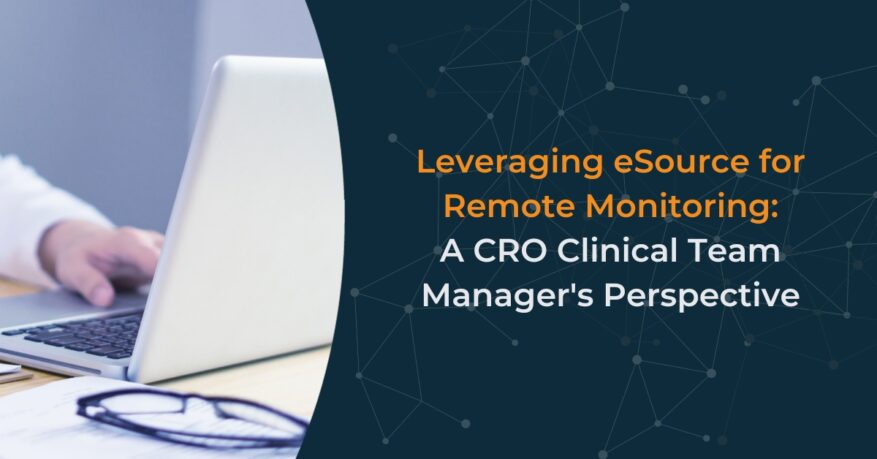Survey Shows Sites Use EMR Systems For Recruiting But Not For Source Data Collection

In a survey commissioned by Clinical Research IO (CRIO), 62% of sites, who mainly conduct non-oncology trials, reported that they use their Electronic Medical Record (EMR) system as their primary system for recruiting patients, but only 13% reported that they use their EMR as their primary system for source data collection.
For source data collection, 83% of respondents said they use paper binders, 14% said they use eSource, and 13% said they use EMR.
“This survey shows that physician practices, at least those outside oncology, have concluded that EMR systems do not work well for data capture in research and are opting for either paper binders or industry-specific eSource solutions,” said Raymond Nomizu, co-founder of CRIO.
“The finding is relevant,” said Mr. Nomizu, “because many people have been hoping that EMR adoption would lead to more electronic data capture, thus creating efficiencies. This survey shows that EMR adoption for source data capture is not even close to the level of penetration required to become an industry solution.”
Western Washington Medical Group, a multi-specialty provider, historically used their EMR as their research collection platform, but last year the site switched to the CRIO eSource solution. Stephanie Abbott, Pharm.D, Western Washington’s Research Director, says they made the switch to be more productive and improve the quality of data for their sponsors.
“The eSource tool allows us to build and save research-specific templates, capture data in real-time with protocol-specific edit checks, originate and respond to data queries, display an automated audit trail, and share data with our CRA’s without privacy concerns,” she said. “None of these features were possible with the way we used our regular EMR system.”
Dr. Abbott’s sites continue to rely on the EMR as a way of identifying potential candidates and capturing previous medical histories and medications. “I’m an example of someone who would describe EMR as great for recruitment, but not for data collection,” said Dr. Abbott.
The survey respondents consisted primarily of non-oncology, late-phase research sites. 37% of respondents characterized themselves as physician practices or hospitals, 42% as research sites affiliated with a physician practice, and 21% as freestanding sites. The survey was conducted in March 2018 and was administered by Insightful Alliance. Over 100 sites responded.




